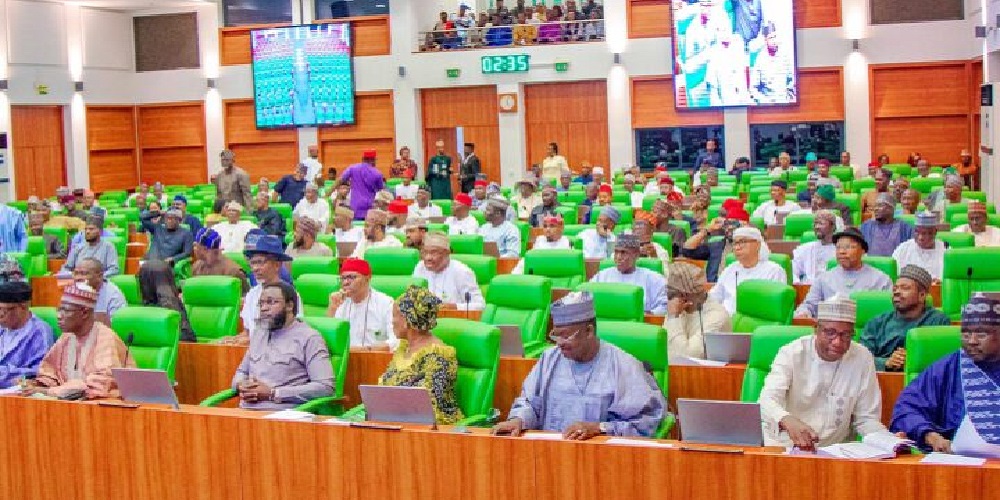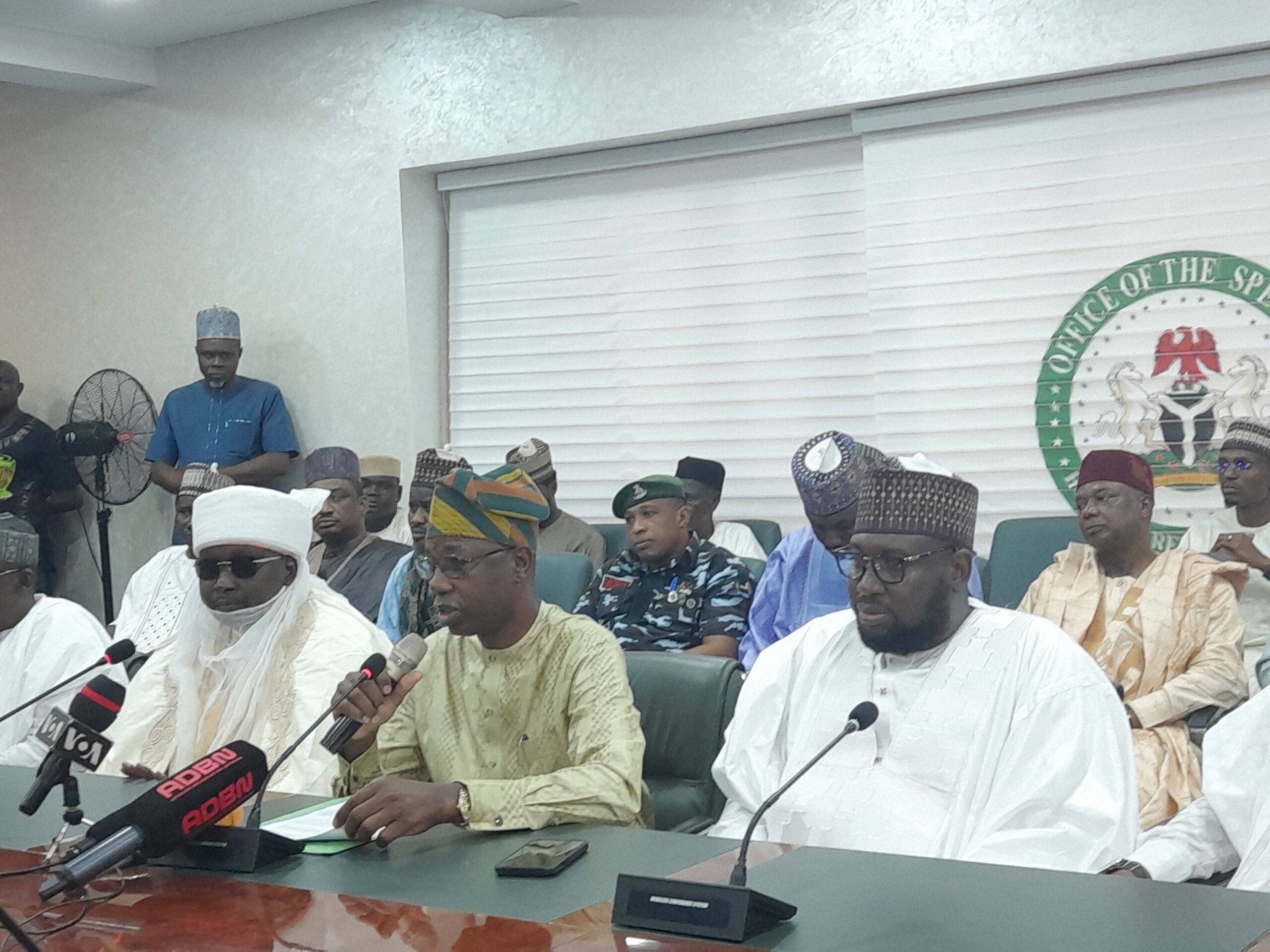News
FIRS Boss Reveals Multiple Revenue Collection Agencies Responsible For leakages

News
Tinubu Fires Top Appointee Over Alleged N1.4 Billion Embezzlement

President Bola Tinubu has sacked Sani Auwalu Balarabe from his position as HoD, Chief of the Intercountry Centre for Oral Health for Africa, ICOH, over an alleged embezzlement of N1.4 billion during his tenure.
As far as one could gather from the People’s Gazette, the appointment of Balarabe was terminated on the 18th of July, following a spate of petitions that related to financial misconduct and investigations. The president appointed one Taiwo Olaniyi to replace him.
In January, several petitions were sent to the House of Assembly, EFCC, Ministry of Health, and other government agencies to investigate activities of Balarabe at ICOH. The petitions leveled accusations against Balarabe, saying that he had not conducted any research despite the institute receiving huge budgetary allocations, which is its core mandate.
One of the petitions dated January 16 had this: “Despite all these budgetary allocations, the centre has not produced a single oral health research project, which is its core mandate and the reason for its establishment.
It further brought to the fore that projects initiated under Balarabe’s administration, such as the construction of a remodeled dental clinic and administration block and the procurement of project vehicles, costing over N700 million, were never completed.
The petitions also accused him of backdating the appointment letters for new staff and paying them arrears of their salary, with such money to be returned to a particular account. These funds are said to have been applied toward some expenses at ICOH.
The sacking of Balarabe clearly typified President Tinubu’s commitment to corruption fighting and making those in charge of public institutions accountable.
News
Finally, IGP approves hunger protests across Nigeria

The Nigerian police has finally approved the planned nationwide protests and outlined conditions for participants.
The Inspector General of Police, Kayode Egbetokun, revealed this on Friday while addressing journalists in Abuja.
He urged all groups planning to participate in the proposed nationwide protest to submit their details to the Commissioners of Police in their respective states.
The police boss said this was to ensure the protest was peaceful.
Egbetokun said, “We acknowledge the constitutional right of Nigerian citizens to peaceful assembly and protest.
“However, in the interest of public safety and order, we urge all groups planning to protest to provide necessary details to the Commissioner of Police in the state where the protest is intended to take place.
“To facilitate a successful and incident-free protest, they should please provide the following information: state the proposed protest routes and assembly points; expected duration of the protest; and names and contact details of protest leaders and organisers.”
The police boss said the information expected from the organisers also include measures to prevent hijacking by criminal elements, as well as key identifiers for possible isolation of potential troublemakers.
By providing the information, he said, the police will be able to deploy adequate personnel and resources to ensure public safety.
He said the police needed to know the specific routes and areas for the protest to avoid conflicts with other events or activities.
Mr Egbetokun said the police will “establish clear communication channels with protest leaders to address any concerns or issues that may arise; minimise the risk of violence, property damage, or other criminal activity.
“We encourage all protesters to cooperate with the police, obey the law, and adhere to global best practices for peaceful assembly to guarantee a safe and successful exercise of their rights.
News
Reps North-West Caucus Beg Youths, Citizens In The Region Not To Join Planned Protest

-

 News23 hours ago
News23 hours agoTinubu, Southern Govs Mourn Iwuanyanwu
-

 News23 hours ago
News23 hours agoSokoto Governor, Aliyu’s Wife Holds Lavish Birthday As Guests Spray Dollar Notes On Her Amid Hunger, Hardship
-

 News23 hours ago
News23 hours agoProtest: President Tinubu In Closed-door Meeting With Traditional Rulers (Video)
-

 News20 hours ago
News20 hours agoNationwide protest: ‘Airport Is Filled Up, Govs, Senators, Reps, Ministers Traveling Abroad’ — Fayose
-

 Metro24 hours ago
Metro24 hours ago8 School Children Rescued In Lokoja Auto Crash
-

 News24 hours ago
News24 hours agoCourt fixes date to hear suit challenging Shaibu’s reinstatement
-

 News24 hours ago
News24 hours agoHermaphrodite shares story of how she put 2 women in family way
-

 News13 hours ago
News13 hours agoLP blows hot gives Akpabio 72hrs to declare Senator Onyewuchi’s seat cacant for dumping party for APC








